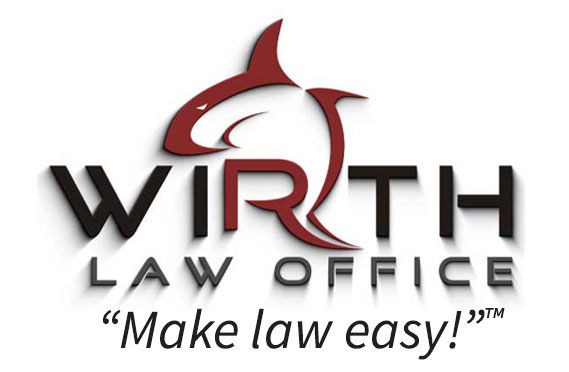The Process of Calling Witnesses in Jury Trials
Hi, I’m Stuart Ericson, an attorney in Oklahoma. We’re talking about jury trials. We just talked about the state calling witnesses. So now, when the state calls all of their witnesses, they basically rest. They say, you know, state rests. So their case is done.
As the defense attorney, I would make a motion for a demur saying, hey, their evidence, you know, as it stands, isn’t enough to convict. Those are usually overruled. And then the judge looks at the defense attorney, which would be me, and say, you know, state, your turn.
And I’ve had jury trials where I have not called a single witness, just rested right then and there. I did it on a first-degree murder trial. And basically, in that way, I thought I have nothing to gain. In the facts of this case, I had nothing to gain by calling any witness. It was an incident where there weren’t any eyewitnesses anyway.
My client had already made some statements that were in. I did not want him to take the stand that he could have been cross-examined and said who knows what. So I rested. And then lastly, highlighting to the jury, the state’s case is so bad, I’m not going to call anything. Because you don’t have to. And of course you can, but it’s got to be a strategic decision.
Strategic Decision-making in Jury Trials
So I called nothing, and the judge was surprised. Other people may have been surprised, but again, I don’t do things automatically. You have to think things through. And in that case, I got a not guilty verdict on first-degree murder. So you’ve got to think things through.
Now, if we were to call witnesses, we would call witnesses just like the state. I called them. I asked direct questions to get the evidence that I want out. And of course the defendant can always testify or not testify. I give advice, but it’s up to my client, the defendant. They have a right to testify. I can explain maybe the benefits or the pitfalls.
Calling Witnesses and Testifying in a Jury Trial
Now for a self-defense, yeah, you’re going to have to testify if you’re claiming self-defense. If your defense is something else, you may not want to testify. If it’s an alibi defense, you probably will want to testify and say, hey, I couldn’t have committed this crime. I have an alibi. I was somewhere else with these people.
And then of course you also want those people to testify too, to say, yeah, he was here with me. We were watching a movie or watching the football game. We can prove it. Here’s how. So we would call witnesses. And of course they would be subject to cross-examination by the state of Oklahoma. So I would prepare them for that. I go, hey, here’s probably what they’re going to ask you. Here’s what I want your demeanor to be. I want you just to answer the question. Don’t add things. Just simply answer the questions asked because I can clean anything up on the backside.
Initial Strategy Session
That’s the step of a jury trial. The state goes first and then the defense goes. So if you have questions about jury trials, reach out to me, a criminal defense lawyer in Wagoner County, at wagonerlawyer.com.







